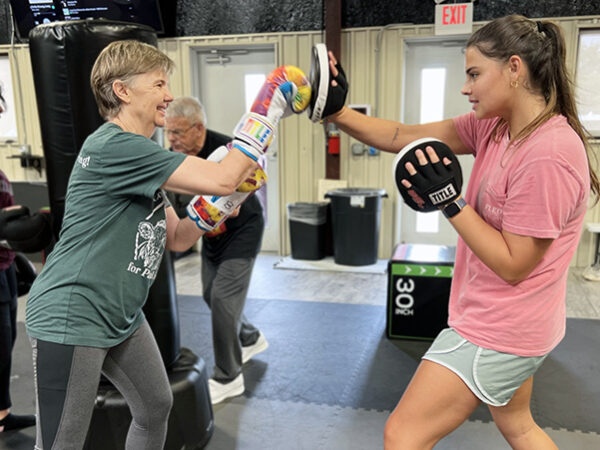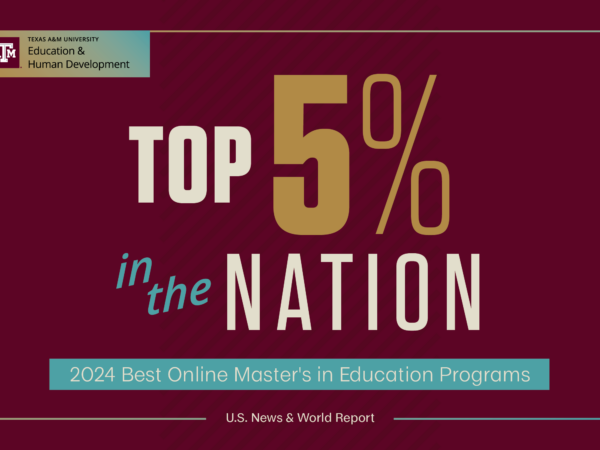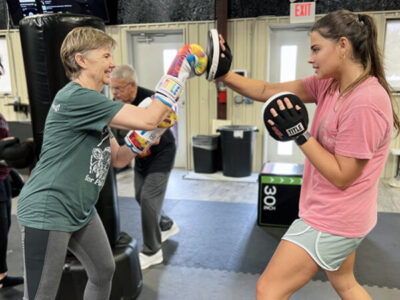CEHD researcher investigates the demand shift of Twitter followers during March Madness
Every year, college basketball fans look forward to the month of March for one specific reason: March Madness.
The highly publicized NCAA tournament starts with 68 teams, each with the ultimate goal of taking home the championship.
To stay up to date on the tournament, fans use social media to connect with their favorite teams and to see the results of the competition. Committed fans even make their own March Madness bracket where they try to predict the results of each match up, and use social media to follow their teams throughout the tournament
Dr. Hyun-Woo Lee, fan behavior and sports experience scholar, decided to investigate this social media use in his most recent research to see how fan engagement with social media fluctuates during March Madness.
The details
In this study, Lee investigates the demand shifters that are motivating fans to follow social media accounts within the context of the National Collegiate Athletic Association Division I Men’s Basketball Championship.
He explains this study focuses specifically on Twitter use, and how follower counts and engagement change throughout the March Madness tournament.
“Daily we tracked the changes in the number of followers of participating teams’ Twitter accounts as a proxy for fan interest and demand,” Lee says.
He says the study focuses on the unique demand shifters of each game performance, previous performance, and school performance factors during the annual single-elimination tournament.
Why March Madness?
He explains the purpose of looking at social media use during March Madness is because the tournament is different compared to other sporting events.
“The reason we decided to look at March Madness is because the tournament is a very unique ecosystem,” Lee says. “There are dynamic relationships between teams and fans, as well as team and brand values of the university that are all influenced by the use of social media.”
Fans are intrigued by the surprise element of the tournament. The results of the tournament are almost always unexpected because there are major upsets by underdogs every year.
“Because these players are still students who are developing their skills and abilities, there is always a chance for major upsets in the tournament,” Lee says. “Upsets also act as huge publicity opportunities for schools and the teams to gain exposure on social media.”
He says that upsets are not the only thing that cause a surge in social media engagement. Factors such as team rankings, previous appearances/performances in the tournament and school ranking also resulted in an increase in Twitter followers.
Overall, as teams advance throughout the tournament, their followers on social media increase due to a variety of factors. He says it is important for social media accounts to capitalize on those factors to help increase social media and fan engagement.
The purpose
At the end of the day, Lee says he hopes this research will act as a foundation for future marketing and public relations employees to use when creating social media strategies for their teams during the March Madness tournament.
“I think the data found in this research is a good initial step to using social media information as a proxy for fan engagement and interest,” Lee says.
He says it is essential for service providers and marketers in all industries, not just sports, to comprehend and recognize different consumer demand patterns in order to effectively engage with consumers on various types of social media platforms.
“We hope this research helps people within the Marketing, Communications and Public Relations field come up with a more systematic approach to social media that will help best highlight March Madness in the future,” Lee says.
About the Writer
Emily Knight is a writing assistant for the Marketing and Communications office in the College of Education and Human Development. She is a senior in the Agricultural Communications and Journalism program at Texas A&M.
Articles by EmilyFor media inquiries, contact Justin Elizalde.














